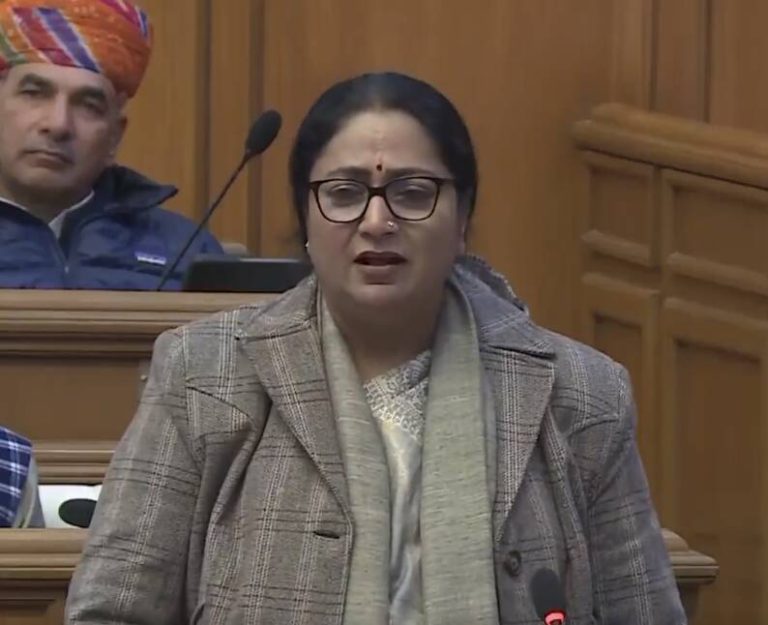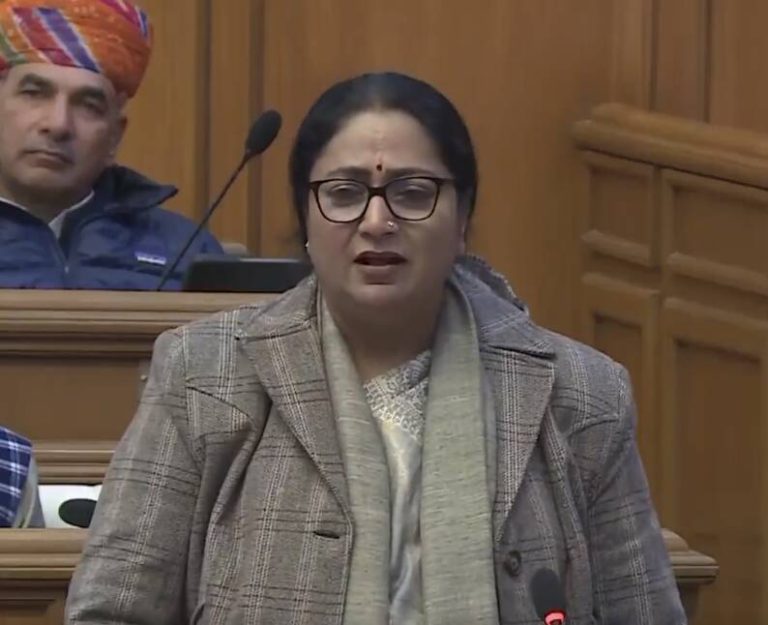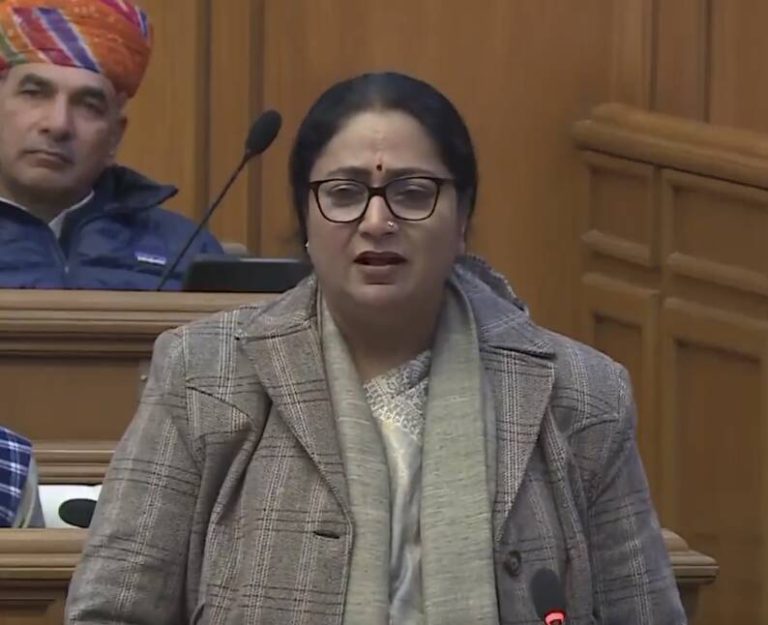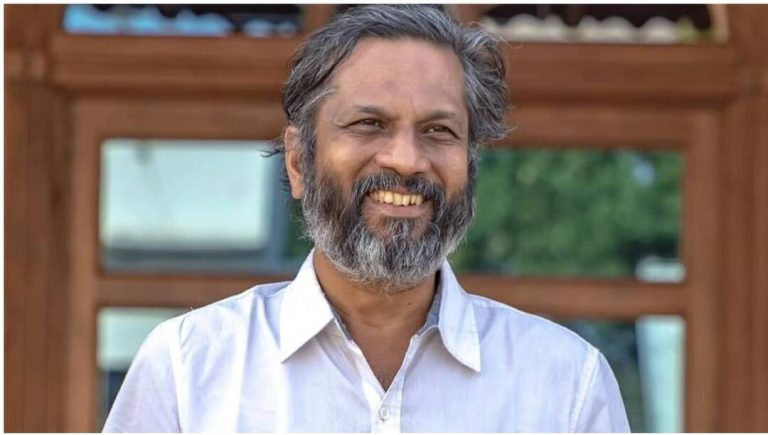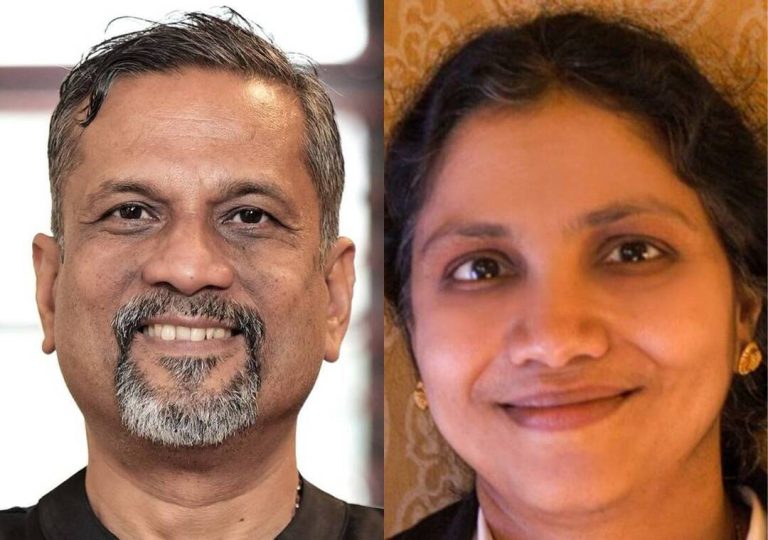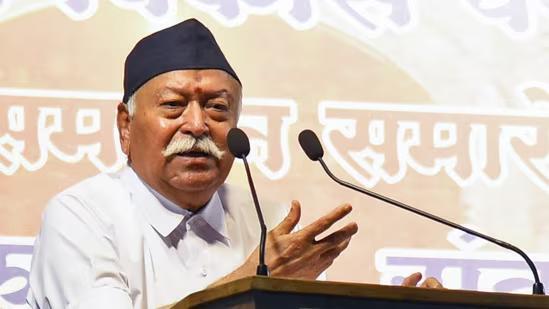
Muslims & Christians are also Hindus if they follow Indian culture: RSS chief Bhagwat
In a recent statement, Rashtriya Swayamsevak Sangh (RSS) chief Mohan Bhagwat has sparked a new debate by redefining the term “Hindu”. According to Bhagwat, anyone who takes pride in Bharat, or India, and follows Indian culture can be considered a Hindu. This statement has far-reaching implications and has the potential to change the way we perceive and define Hinduism.
Bhagwat’s statement was made during a public address, where he emphasized that the term “Hindu” is not limited to a specific religion or community. He said, “If Muslims and Christians, even without giving up their worship, customs, and traditions, worship this country, follow Indian culture…then they are Hindus.” This statement suggests that Bhagwat is attempting to broaden the definition of Hinduism to include people of all faiths and backgrounds who identify with Indian culture and values.
The RSS chief’s statement has been seen as an attempt to promote a sense of national unity and inclusivity. By defining Hinduism in cultural terms rather than religious ones, Bhagwat is trying to create a sense of shared identity among people of different faiths and backgrounds. This approach has the potential to bring people together and promote a sense of national pride and belonging.
However, Bhagwat’s statement has also been criticized by some who argue that it is an attempt to impose a particular ideology on the country. Some have accused the RSS chief of trying to redefine Hinduism in a way that excludes certain groups, such as Muslims and Christians, who may not identify with Indian culture in the same way. Others have argued that Bhagwat’s statement is an attempt to undermine the diversity of Indian culture and promote a narrow, exclusionary definition of Hinduism.
Despite these criticisms, Bhagwat’s statement has sparked an important debate about the nature of Hinduism and Indian identity. The RSS chief’s emphasis on cultural identity rather than religious affiliation has the potential to promote a more inclusive and diverse understanding of Hinduism. By recognizing that people of different faiths and backgrounds can identify with Indian culture and values, Bhagwat is trying to create a sense of shared citizenship and national belonging.
Bhagwat also added that India does not need an official label to be a ‘Hindu Rashtra’ because its civilization already reflects it. This statement suggests that the RSS chief believes that India’s cultural and civilizational heritage is inherently Hindu, and that this heritage is shared by people of all faiths and backgrounds. This approach has the potential to promote a sense of national pride and belonging, and to recognize the diversity and complexity of Indian culture.
The idea that Muslims and Christians can be considered Hindus if they follow Indian culture is not a new one. Many Indian Muslims and Christians have long identified with Indian culture and values, and have made significant contributions to the country’s history, literature, and art. By recognizing this shared cultural heritage, Bhagwat is trying to promote a sense of national unity and inclusivity.
In conclusion, RSS chief Mohan Bhagwat’s statement that Muslims and Christians can be considered Hindus if they follow Indian culture has sparked an important debate about the nature of Hinduism and Indian identity. While the statement has been criticized by some, it has the potential to promote a more inclusive and diverse understanding of Hinduism, and to recognize the diversity and complexity of Indian culture. By emphasizing cultural identity rather than religious affiliation, Bhagwat is trying to create a sense of shared citizenship and national belonging, and to promote a sense of national pride and unity.
As India continues to grapple with issues of identity, diversity, and inclusivity, Bhagwat’s statement has the potential to contribute to a more nuanced and complex understanding of Hinduism and Indian culture. By recognizing that people of different faiths and backgrounds can identify with Indian culture and values, we can promote a sense of national unity and belonging, and celebrate the diversity and complexity of our great nation.
